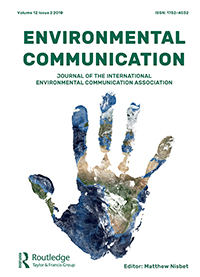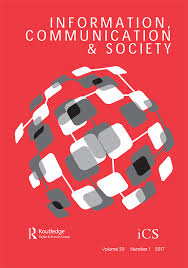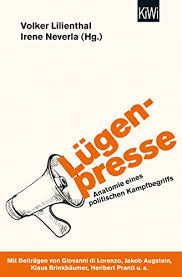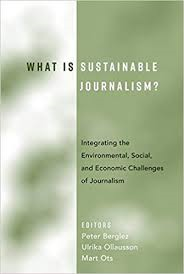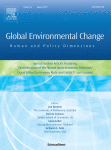Abstract
In our view, the best way to defragment news framing analysis is to synthesize related ideas and framing concepts and theorize the relationships between these concepts rather than aim for a unified conceptual definition (or none at all) or a single set of measurements. We focus here on one particular distinction, between generic and issue- specific frames (de Vreese, 2005), and hold that they should not be viewed as two alternative conceptualizations of frames but as complementary layers of framing that are situated on different levels of abstraction. The thesis of our chapter is that both of these types of frames are useful, and that a comprehensive understanding of the dynamics of public debates can be gained by combining the analysis of issue- specific and generic frames. This would be one important step toward defragmenting news framing analysis. We bolster this thesis by looking at a small but growing literature that examines what we call “hybrid frames” in news stories. We argue that frames in texts, more often than not, reflect both generic and issue- specific framing practices. Identifying the hybrid nature of these frames is a challenge that is not sufficiently tackled by current research.
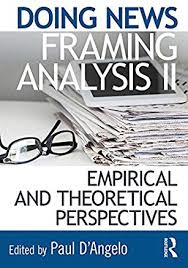
Brüggemann, Michael; D’Angelo, Paul (2018): Defragmenting News Framing Research: Reconciling Generic and Issue-Specific Frames. In Paul D’Angelo (Ed.): Doing news framing analysis II. Empirical and theoretical perspectives. New York, NY: Routledge. Available online at https://doi.org/10.4324/9781315642239.

